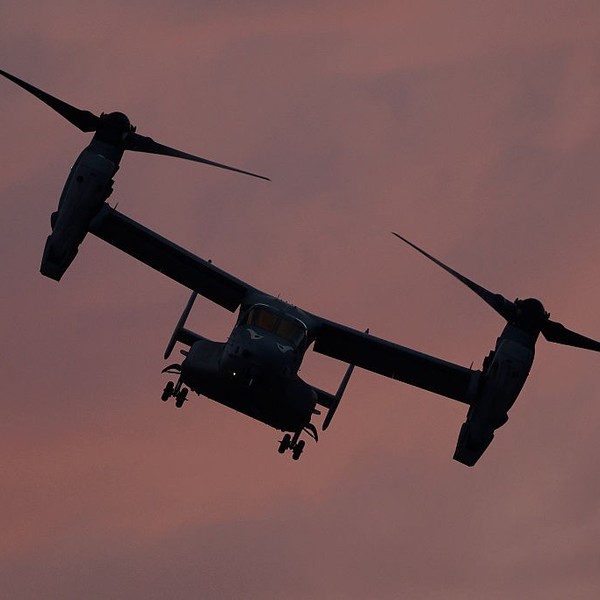Admiral James 'Sandy' Winnefeld served for 37 years in the United States Navy. He retired in 2015 after serving four years as the ninth Vice Chairman of the Joint Chiefs of Staff and the United States' number two ranking military officer.
Memorial Day is not Veterans Day.
The latter officially began as Armistice Day in 1919, and became a federal holiday in 1938, to honor those who served honorably in uniform in wartime. To be sure, it speaks to those who were either required to or volunteered to set aside, at least temporarily, leisure and prosperity in favor of service to their nation and the ideas it represents. Many have served, and it is right that we pay tribute to them.
In contrast, Memorial Day gradually evolved over time, as men and women somberly and without fanfare honored those who made the ultimate sacrifice for their nation, usually by placing flowers at their graves. It began as Decoration Day after the Civil War, and was acknowledged retrospectively in 1966 as having been a holiday for 100 years. It was only officially named Memorial Day in 1967.
Memorial Day, which falls at the end of spring’s burst of optimism, means far more to me than Veterans Day, and brings three thoughts to mind.
First, amid all the fluttering flags and outpouring of patriotism, I try to think about the emotions that must go through a young man or woman’s mind in those last, awful moments before their ultimate sacrifice. Some combination of physical pain, perhaps anger over a mistake, regret for ambitions lost, and intense longing for loved ones are emotions that surely are common to any form of violent death. But in one’s final breath in the noble purpose of service, one can only hope there resides in the heart a deep satisfaction and sense of purity in knowing others are now more likely to live in freedom. We should all take a moment on this day to appreciate the actuality of their suffering.
My second thought turns to how often our people have experienced this terrible moment for other nations and peoples. In the wake of our own crucibles of freedom—first a revolutionary war that established who and what we are as a nation, and then a civil war that in such a bloody way reaffirmed it—we have almost always sacrificed so others might either regain their freedom or taste it for the first time. American Soldiers, Sailors, Airmen, Marines, and Coast Guardsmen—and countless members of the intelligence and diplomatic communities—have perished in the knowledge that they served all of humanity.
Finally, I am reminded of our long and deeply inculcated tradition of serving with honor . . . which extends from the law of armed conflict to rules of simple common decency. Where others take great personal risk to cause collateral damage, we take great personal risk to avoid it. Where others treat their captives inhumanely as a matter of practice, we treat them in accordance with international law. And when our people fail in either regard, we hold them accountable for it, regardless of how embarrassing it is. This tradition of serving with honor—among other long-standing practices and principles of the American service member—is one reason our nation has more allies than any other nation in history.
We stray from these principles at our peril. Let us hope that, on this Memorial Day, the sacrifices for our country and others made by generations of American men and women both in and out of uniform might inspire our citizens to narrow our deep political divides and return to our traditions of service, civility, and compromise.
Read more from Admiral James 'Sandy' Winnefeld (Ret.) in The Cipher Brief















